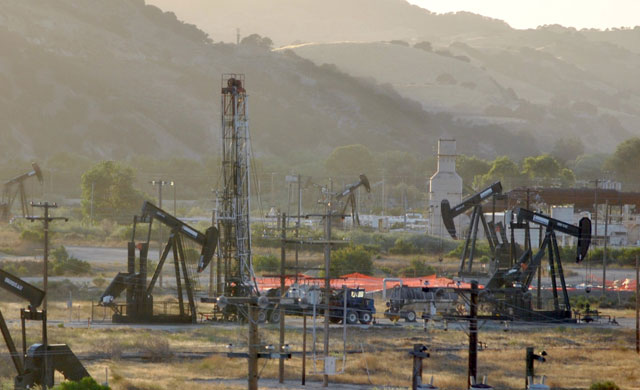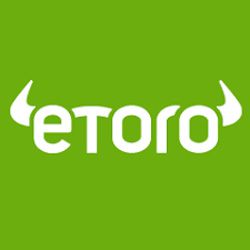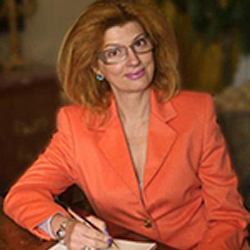The Gulf Keystone Petroleum share price (LSE:GKP) rose by 3.2% today to 64.25 following publication of a Production and Sales Update relative to its work in the Shaikan oil field in Kurdistan.

Gulf Keystone would not be considered a major oil company by any standard. It employs only about 600 people. It has a current market cap of £558 million. It’s exploration and drilling operations are in the semi-autonomous Kurdistan region of Iraq, adding a greater degree of volatility than what is already inherent to oil and gas companies and their share prices (Its share price has a 52-week high of 195.80 and a low of 61.00.) It operates in a highly-controlled, political economy that has presented obstacles from the oil-flow end all the way to the cash-flow end, each of which have, at least, hindered the company’s ability to turn a profit, although it sits on top of one of the most significant oil reserves in the world.
Oil exploration companies have an abundance of front-end expenses, but, because of local, regional and international politics (not to mention the threat of the Islamic State) and the distance to the port of Dortyol, Turkey (nearly 900 km), getting initial shipments to port has been both costly and difficult. Given the remote location and the challenging terrain, GKP’s best hopes have been to tie into an existing pipeline. That has been easier said than done. Consequently, GKP has had to do it the hard way: trucking it. Once at port, international politics has been at play as a debate has raged over whether the oil comes from Iraq or Kurdistan. Both are true, but the question is who has the rights to sell the oil. On the revenue side, GKP has to wait for the governing Ministry of Natural Resources to get paid before it receives its own portion. That is a tough environment.
I’ve said all that just to scare away all the faint-of-heart, because GKP needs investors, individual and institutional, that can see the opportunity, the cost of getting there and the progress the company is making toward its goals. That progress includes:
- Closing in on the goal of 40,000 bopd by the end of 2014 at the rate planned.
- Selling its product through Powertrans, an authorized agent of the Ministry of Natural Resources of the Kurdistan Regional Government.
- Selling some 4 million gross barrels of oil on the international market so far in 2014.
- Selling 30% of production to domestic customers.
- Negotiating with the Ministry of Natural Resources for more expedient payments.
GKP CEO John Gerstenlauer said that, “Receiving steady revenues from our domestic sales is positive as we continue our constructive discussions regarding a stable payment cycle for past and future export sales,” and, “We continue to manage our expenditure in a prudent manner in order to maximize production.” That, my friends is where the rubber meets the road, and it is why I like GKP. Despite all of the obstacles, the company keeps pressing on. That is how GKP will grow to be a major oil company or, at the very least, become part of one.

 Hot Features
Hot Features













